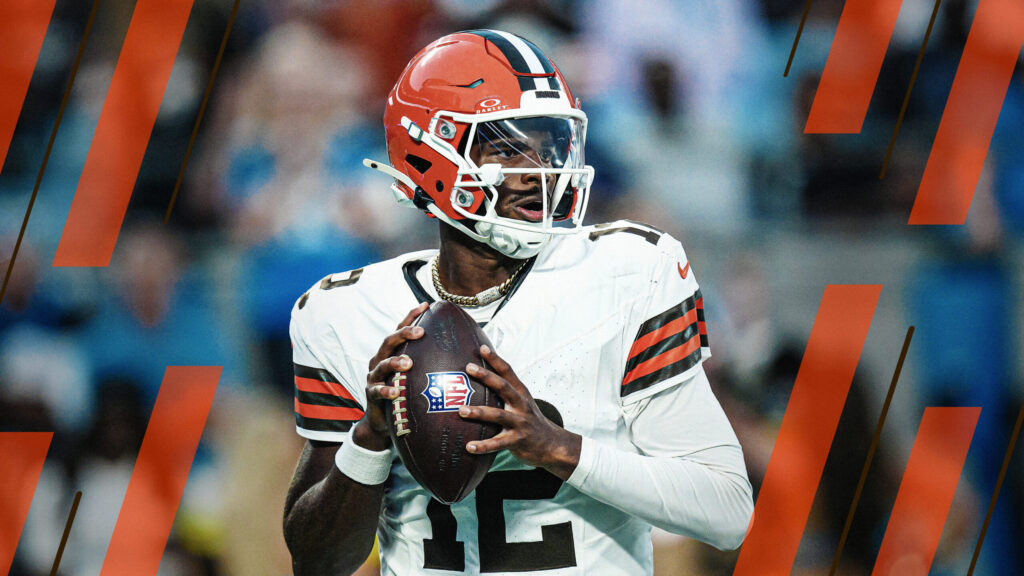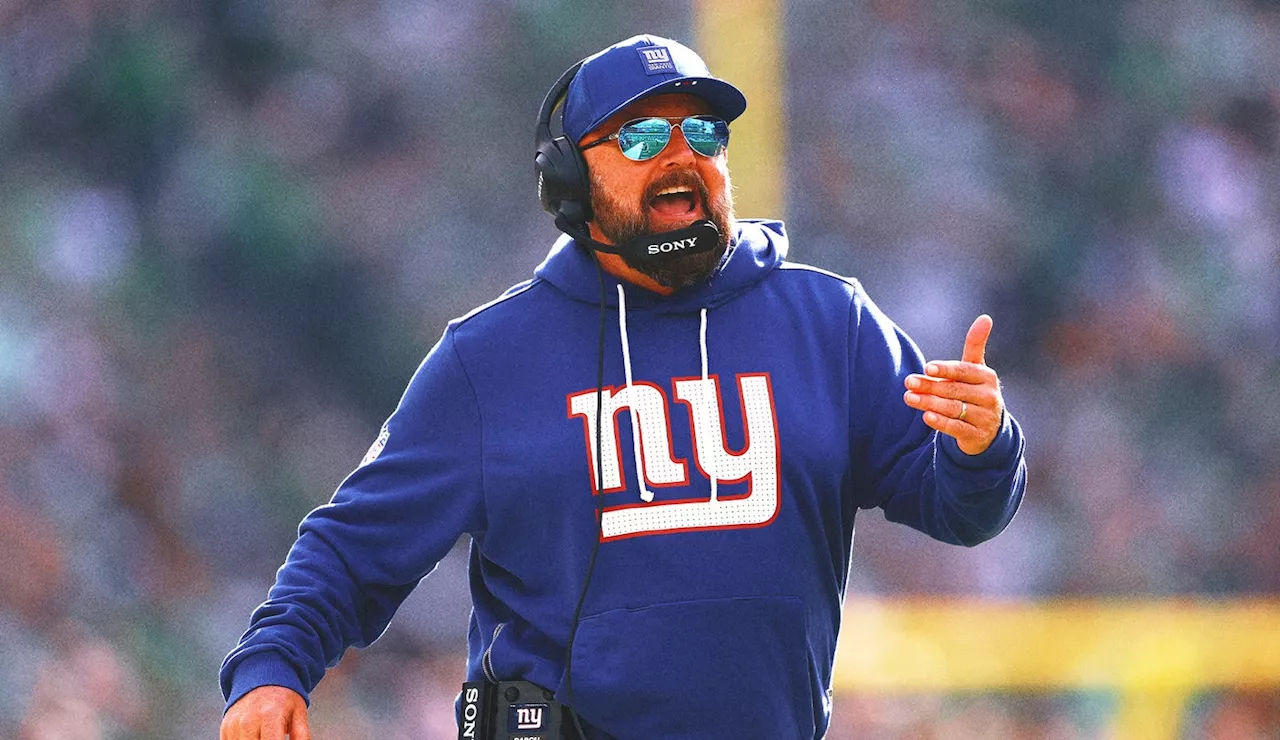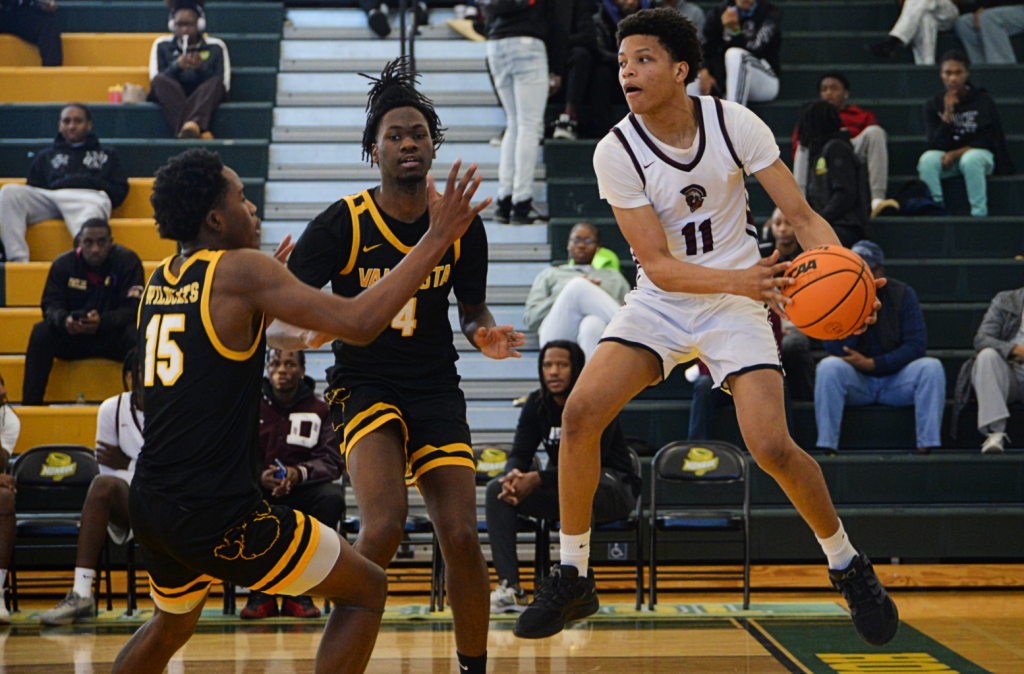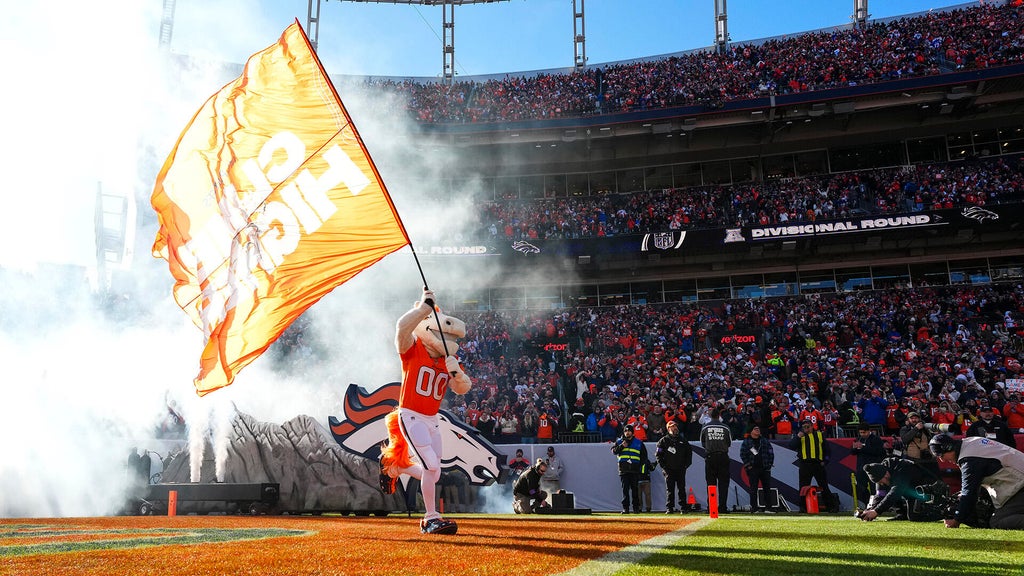
The Cleveland Browns are at a pivotal juncture in their season, grappling with the decision of when to start rookie quarterbacks Dillon Gabriel or Shedeur Sanders. Currently holding a record of 1-3, the Browns are looking for solutions that could revitalize their performance as they confront a demanding schedule.
Despite their struggles, the Browns’ rookie class demonstrates both short- and long-term potential. Tight end Harold Fannin Jr. has recorded 200 snaps this season, earning a 62.6 receiving grade. Additionally, wide receiver Isaiah Bond has contributed with 129 snaps, while running backs Quinshon Judkins and Dylan Sampson have shown promise in the backfield, with Judkins achieving a 70.9 rush grade and Sampson an impressive 83.1 receiving grade. On defense, linebacker Carson Schwesinger leads Browns rookies in snaps with 227 and has the highest overall grade at 84.1.
However, the two most crucial rookies, Gabriel and Sanders, have yet to step onto the field. Veteran Joe Flacco has been the starting quarterback since the season began, a choice that made sense initially. Although Gabriel and Sanders were not high draft picks, Flacco provided a reliable presence as the team aimed for early-season stability, especially given the potential of their defense.
As the Browns prepare for their next game against the Minnesota Vikings, the timing of a switch to one of the rookies is becoming more pressing. The team will travel to London for this international matchup, which means a quarterback change is unlikely this week. Following this game, they will face the Pittsburgh Steelers, a critical division rival, which could determine Flacco’s future as the starter.
Looking ahead, if the Browns struggle in these upcoming games and drop to 1-5, they will host the Miami Dolphins in Week 7 and the New England Patriots in Week 8. This stretch presents a more manageable opportunity for a rookie quarterback to take the reins, especially before the bye week in Week 9, which could serve as a reset point for the team.
Deciding between Gabriel and Sanders is not straightforward. From a draft analyst’s perspective, Sanders was rated higher on many boards, but Gabriel was selected first in the third round at pick No. 94, compared to Sanders’ fifth-round selection at No. 144. Given the team’s internal evaluations, it is likely that Gabriel would receive the initial opportunity.
Complicating matters is the Browns’ struggling offensive line, which currently holds a 40.5 team pass-blocking grade, placing them 30th in the league. They have allowed the most total pressures at 77 and have the highest pressure percentage at 40.3%. Gabriel’s quicker release time in college—averaging 2.74 seconds compared to Sanders’ 3.09 seconds—could help alleviate some of the pressure from a faltering offensive line.
While both rookies have their strengths, the Browns may need to experiment sooner rather than later. A few more losses could prompt a decision that allows the coaching staff to evaluate whether Gabriel or Sanders could emerge as the franchise quarterback for the future. The need for clarity at the quarterback position is pressing, and the upcoming weeks will be vital for the Browns to make a definitive choice that sets them up for long-term success.






